Right from the beginning of the nation's founding, the young government faced countless challenges: internal and external enemies, rampant famine, and exhausted finances. In that context, in addition to the task of protecting independence, President Ho Chi Minh and the provisional government paid special attention to education , placing it as the top national policy. He affirmed: "An ignorant nation is a weak nation."
In fact, more than 90% of the population at that time was illiterate, there was a shortage of schools, and very few teachers. Uncle Ho's teachings were both a warning and a guideline for a long-term development strategy: improving people's knowledge to build a solid foundation of independence.
Eradicating "ignorance" has become an urgent task, placed on par with fighting hunger and foreign invaders. Because only with knowledge can people have the capacity to control their destiny, protect the achievements of the revolution and together build the future of the country.
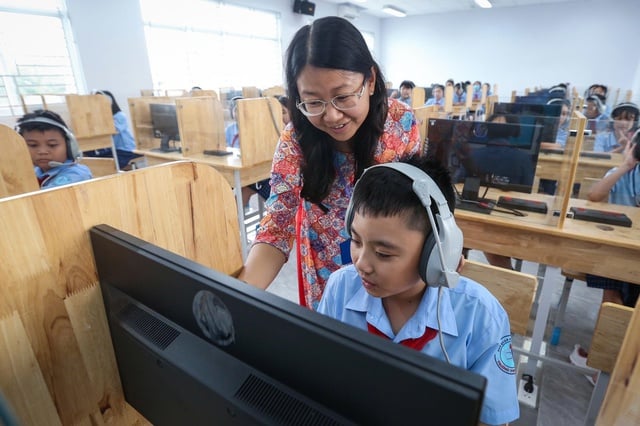
80 years ago, our people "eradicated ignorance" to gain control of our destiny. Today, we have mastered digital technology to stand shoulder to shoulder with the world powers.
PHOTO: NHAT THINH
EDUCATIONAL REFORM IN 1945 ESTABLISHED NATIONAL EDUCATION
Within weeks of independence, the Ministry of National Education drafted a comprehensive education reform proposal. This was a bold move, demonstrating the strategic vision of the young revolutionary government in creating a new education system, free from the colonial orbit and linked to the aspiration for national independence.
The highlight of the project is to establish a national education system - education for all people, serving the national interest, replacing the old system which only trained civil servants to serve the ruling apparatus. From here, education becomes the right and obligation of every citizen.

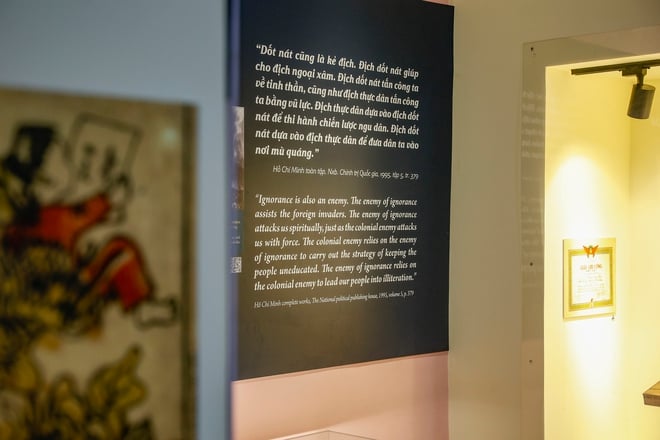
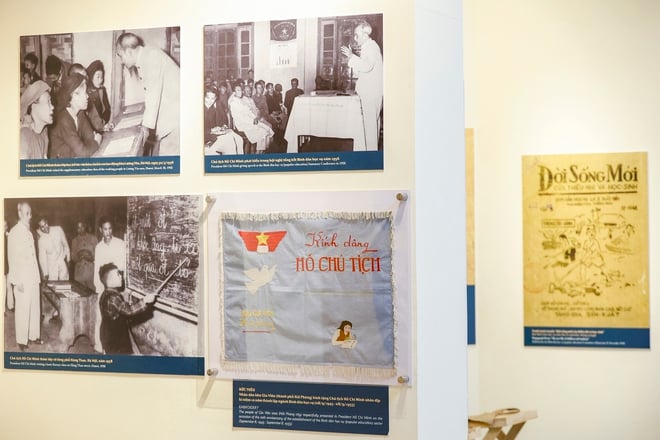
80 years ago, in the early days of Vietnam's independence, amidst many difficulties, President Ho Chi Minh and the Government saw that what the nation needed to do immediately was to eradicate illiteracy.
PHOTO: TUAN MINH
The project identified four basic goals: popularizing the national language to make the national script a popular tool of knowledge; building an education system associated with social life, training a young generation with knowledge and the will to build the country; combining study with productive labor, overcoming the way of studying only for exams and degrees; and focusing on moral education, civic spirit, patriotism, aiming at comprehensive personality development.
In 1946, the Government issued two Decrees 146-SL and 147-SL, affirming the new educational motto of serving the national and democratic ideals, based on three principles: nation, science, and mass. This is considered the ideological foundation for Vietnamese education after independence.
A major step forward is that primary education is free and then compulsory, affirming the right to education for all children. In particular, since 1950, universities have started teaching in Vietnamese - an important milestone demonstrating national identity and independence in education.
EDUCATION: SOWING THE SEEDS OF SELF-STUDY AND LIFELONG LEARNING
If the 1945 Education Reform Project was a strategic vision, the Popular Education Movement was a vivid reality, demonstrating the determination to "resist" education.
On September 8, 1945, President Ho Chi Minh signed Decree 17-SL to establish the Popular Education Department and Decree 19-SL to open evening classes for farmers and workers. This was a historic decision, opening the campaign to eradicate illiteracy nationwide.
The movement quickly spread, becoming a nationwide campaign. The slogan "Those who know how to read and write teach those who don't, those who don't know how to read and write must go to school" resounded everywhere. Classes were set up in communal houses, granaries, and vacant lots; people took advantage of studying at night, with only oil lamps as light, but their will was bright.
Just one year later, more than 2.5 million people were literate. Universal education was a broad social movement, not simply an educational activity. It radically changed the cultural face of the country.
In terms of humanity, the movement gave millions of poor people the opportunity to access knowledge and escape the darkness of ignorance. In terms of democracy, for the first time in history, education became the right and obligation of all people, regardless of class, gender, or age. In terms of long-term value, the movement sowed the seeds of self-study and lifelong learning. Many people, after learning to read and write, continued to study, becoming cadres, teachers, and researchers. The image of teachers and students gathering under thatched roofs, by oil lamps, learning each letter, became an immortal symbol of a period when the whole nation was "thirsty for letters" like thirsty for rice and water.
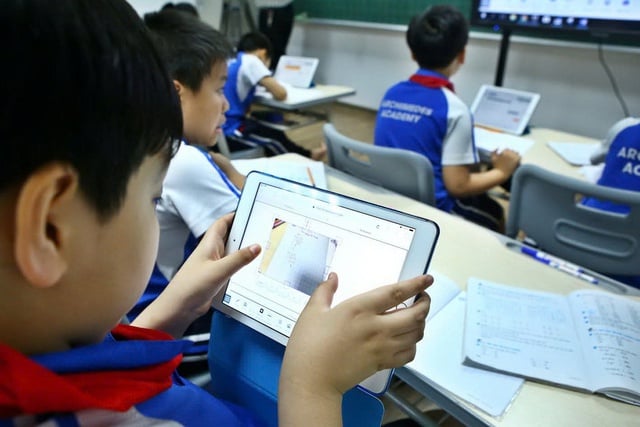
If the previous Popular Education granted the right to read and write, today, “Digital Popular Education” must grant access to technology and digital knowledge.
Photo: Ngoc Thang
" DIGITAL LITERACY": ACCESS TO DIGITAL TECHNOLOGY AND KNOWLEDGE
The 1945 education reform and the Popular Education Movement were brilliant milestones in the nation's history. From a country where more than 90% of the population was illiterate, in just a few years, millions of people received the light of knowledge. A young government, amidst numerous difficulties, still ignited and carried out a large-scale educational revolution.
As Vietnam enters the era of rising up, which is also the period of international integration, the Industrial Revolution 4.0, national intelligence becomes the most important resource. The story of 1945 reminds us that education is always the key to the future. If back then, our nation "eradicated ignorance" to gain control of our destiny, today, we must "eradicate the enemy of backward knowledge", carry out "Popular Digital Education" to stand shoulder to shoulder with the world powers.
This is strongly demonstrated in Resolution No. 57-NQ/TW of the Politburo on breakthroughs in science, technology, innovation and national digital transformation.
If the previous Universal Education Service gave the right to read and write, today, "Digital Universal Education Service" must give the right to access technology and digital knowledge, from smartphones for banking transactions, to digital applications for studying, working, starting a business, and serving life.
In order to ensure that no one is left behind in the digital era, it is necessary to synchronize solutions: widespread digital infrastructure, universal digital skills, mobilizing the whole society to create free digital learning materials and platforms, especially prioritizing disadvantaged groups in training and supporting equipment. Only then will digital transformation and "popular digital education" truly become the foundation for a fair, modern and sustainable society.
And to materialize this aspiration, the Politburo recently issued Resolution No. 71, which sets the goal that by 2045, the 100th anniversary of Vietnam's National Day, our country will have a modern, equitable and high-quality national education system, ranked among the top 20 countries in the world. All people will have the opportunity to learn throughout their lives, improve their qualifications and skills, and maximize their personal potential. High-quality human resources, scientific and technological talents will become the driving force and core competitive advantage of the country, contributing to making Vietnam a developed, high-income country. Strive for at least 5 higher education institutions to be among the top 100 universities in the world in a number of fields according to prestigious international rankings.
Lessons on the spirit of humanistic education
Eighty years have passed, but the lessons from 1945 remain relevant.
Regarding vision: Even when the country is facing many difficulties, the Party and State leaders still put education as a national policy, considering it the key to the future. Today, educational reform needs a long-term strategic vision.
Lessons on the spirit of the people: Without the cooperation of all classes, the Popular Education movement cannot succeed. Currently, education also needs the coordination of the State, family, society and especially businesses.
Lessons on humanity: Education for people, for people, leaving no one behind. This is the spirit of humanistic education and lifelong learning that the modern world is aiming for.
Source: https://thanhnien.vn/tu-con-chu-den-khat-vong-tri-thuc-so-185250829235016393.htm




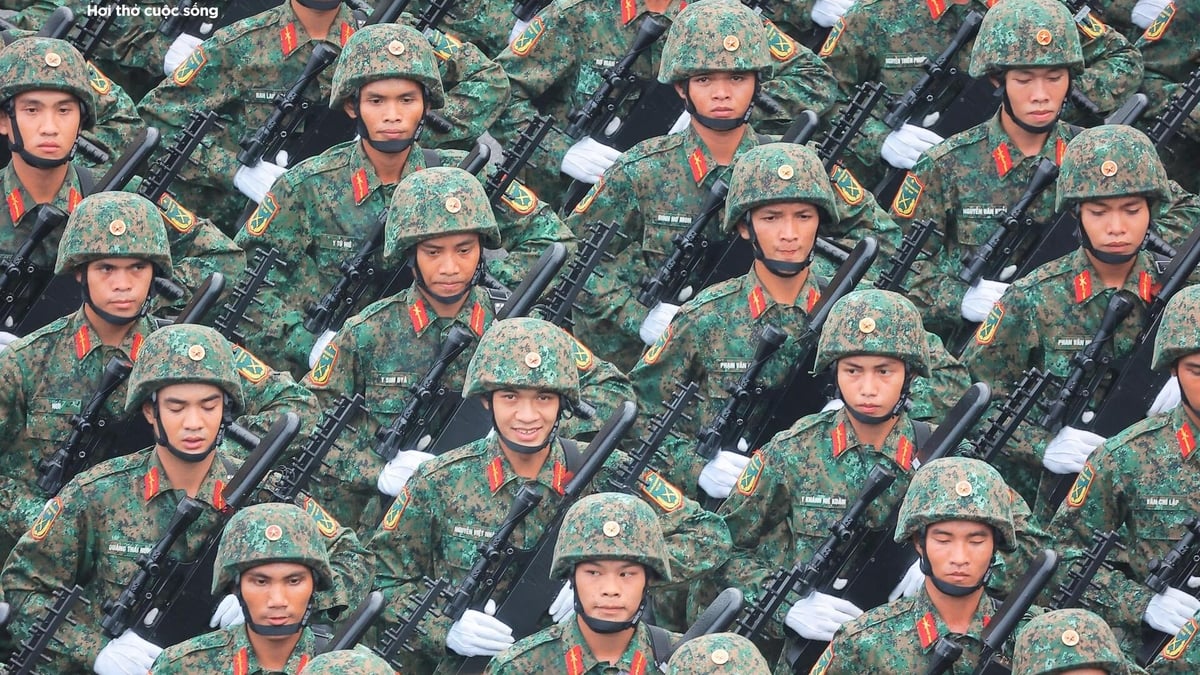
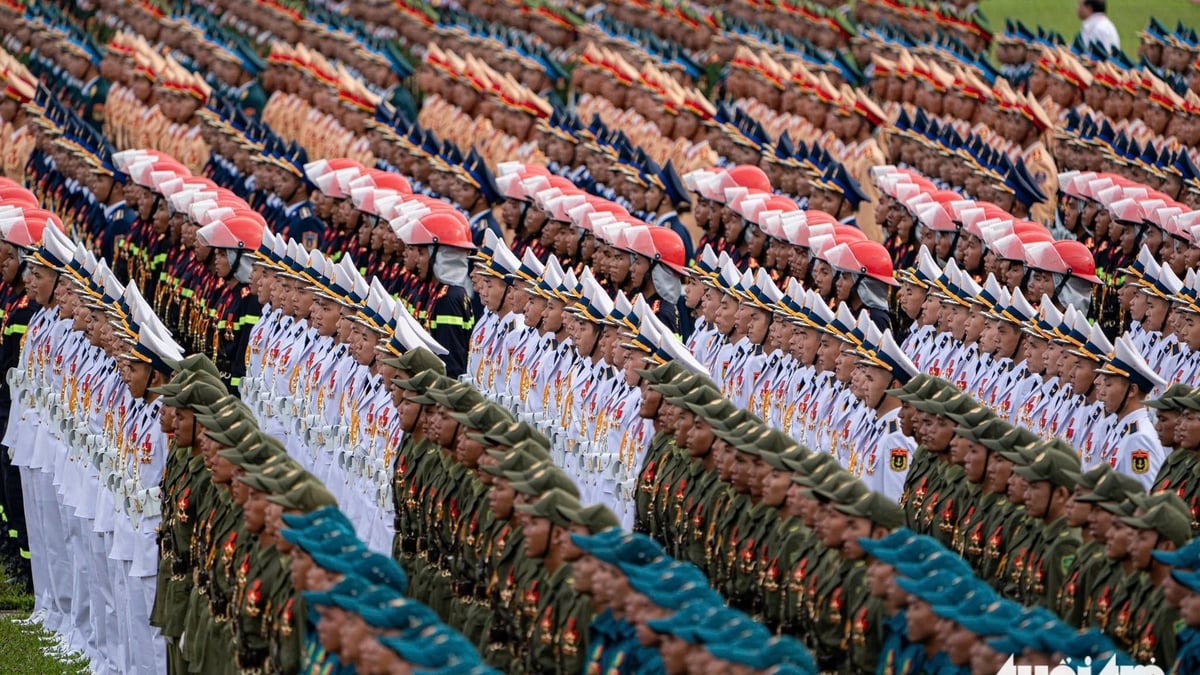
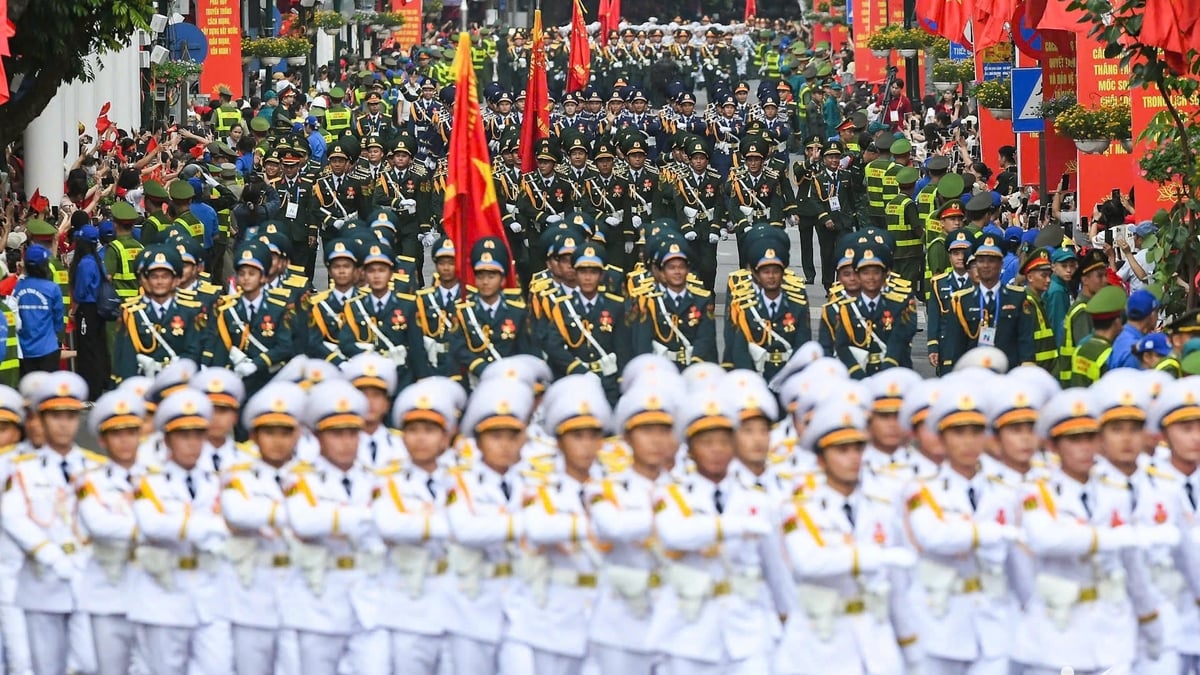
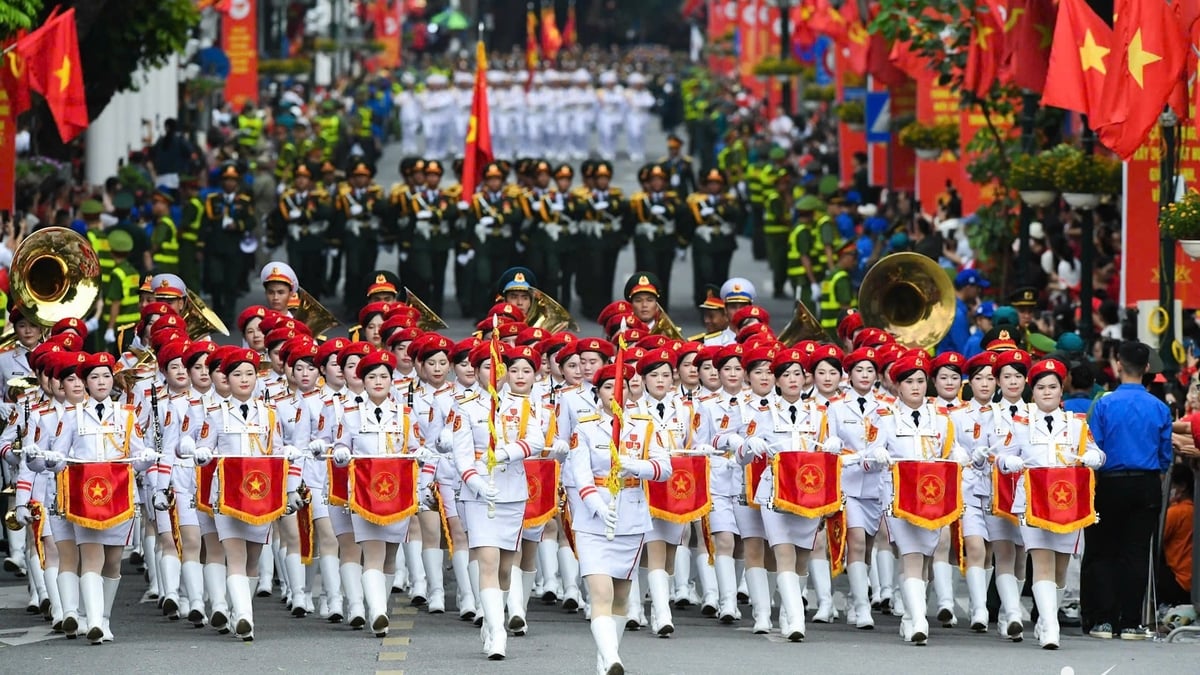
![[Photo] People eagerly lined up to receive special publications of Nhan Dan Newspaper](https://vphoto.vietnam.vn/thumb/1200x675/vietnam/resource/IMAGE/2025/8/30/53437c4c70834dacab351b96e943ec5c)




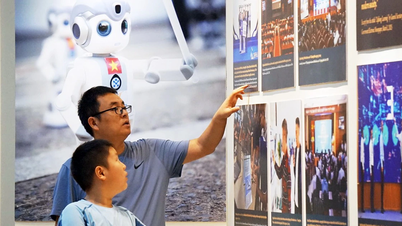
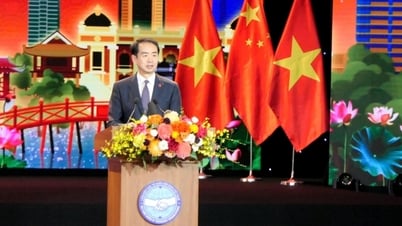

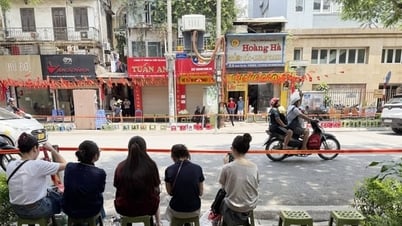

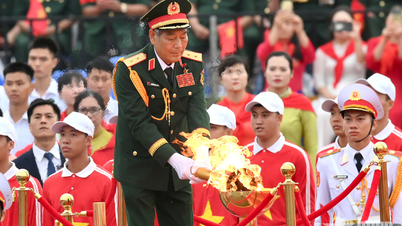



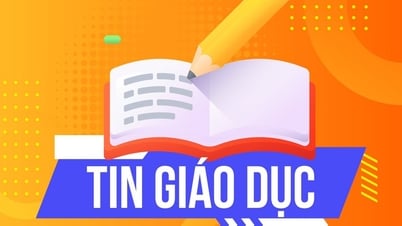
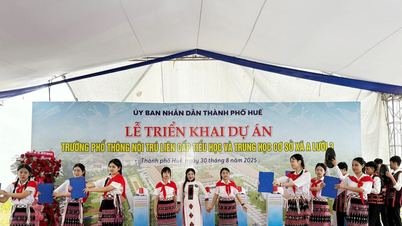

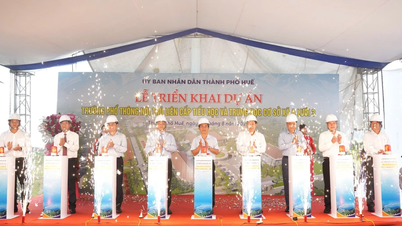


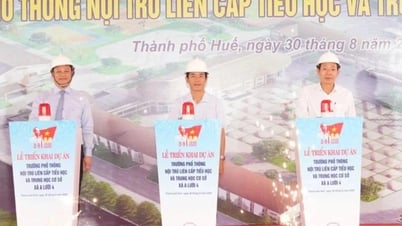








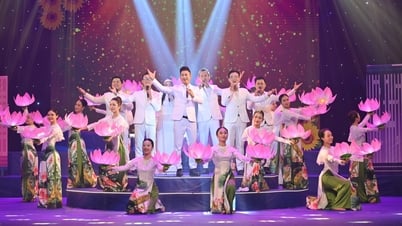

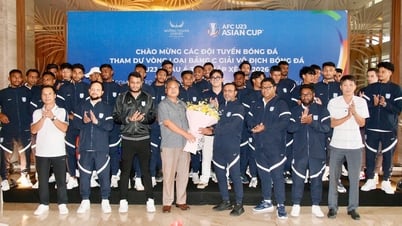

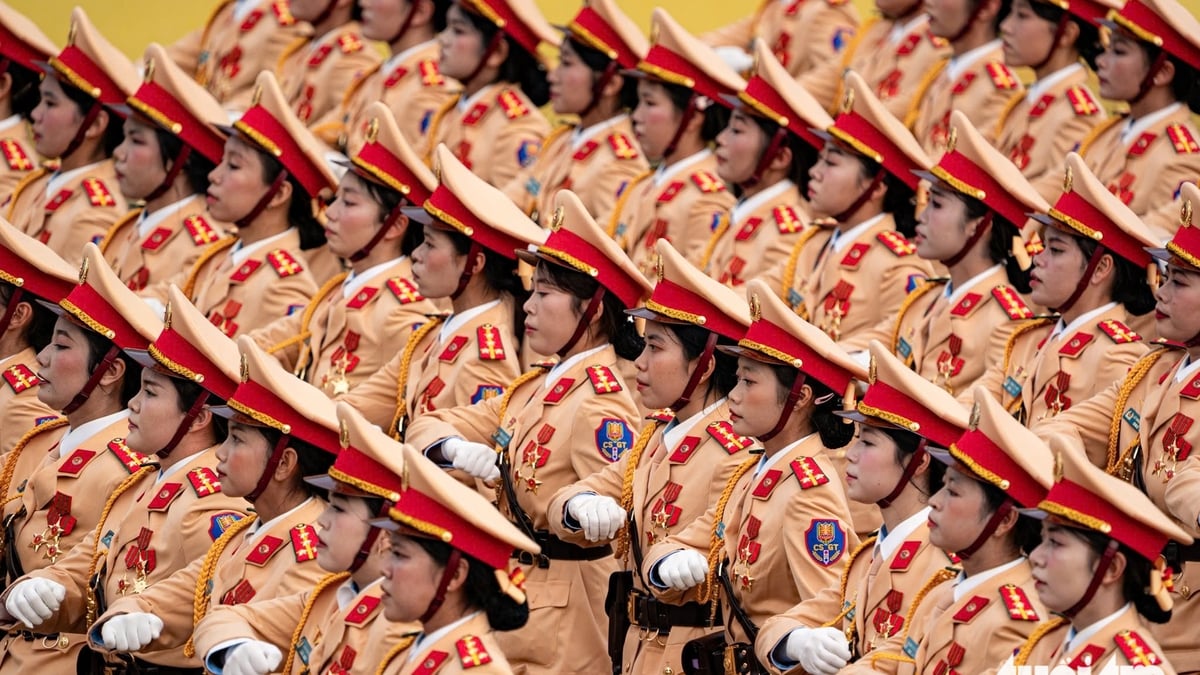














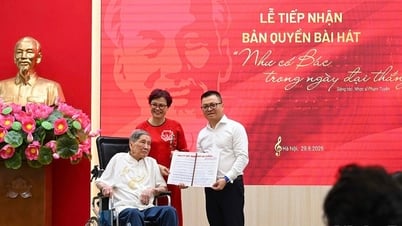
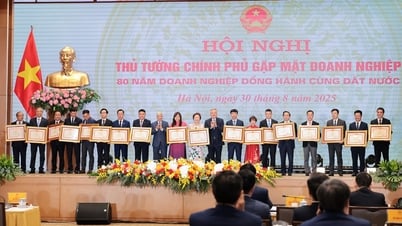






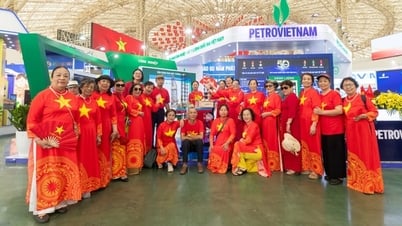

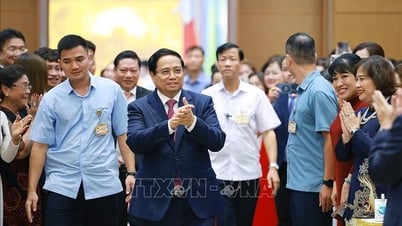

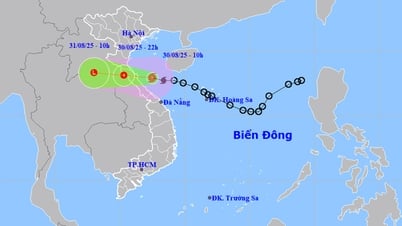

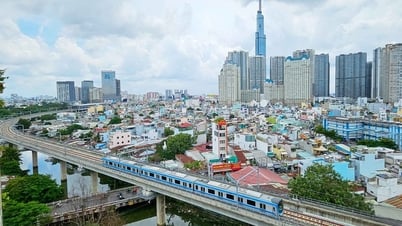

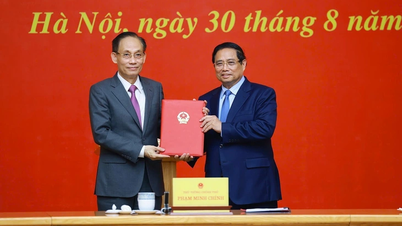


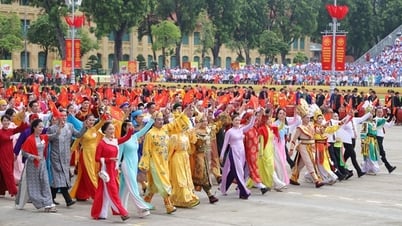



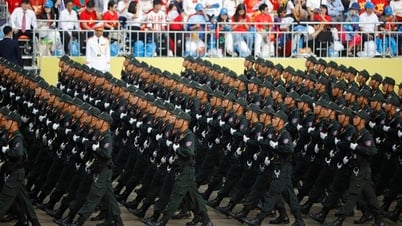





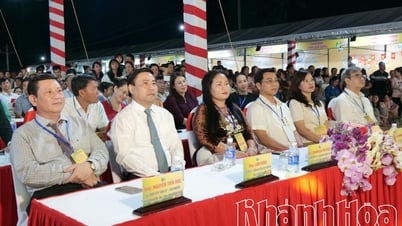

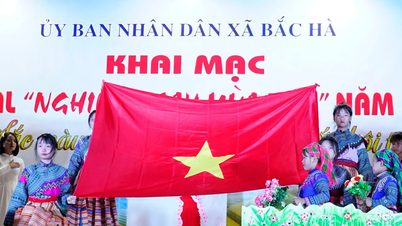














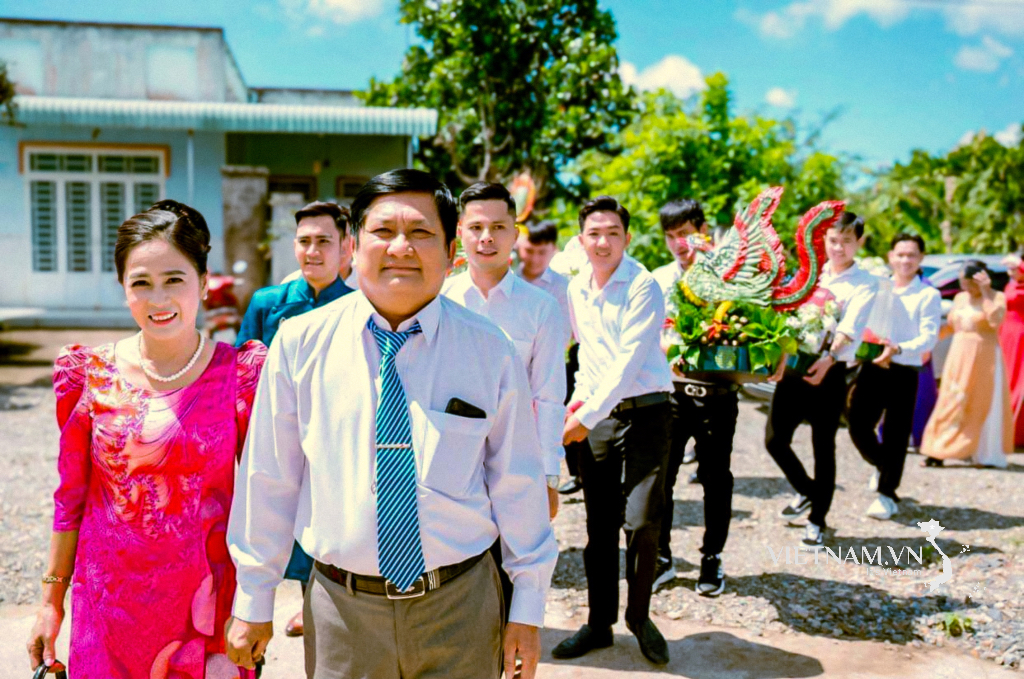

Comment (0)